Chia seeds are tiny black or white seeds from the plant Salvia hispanica L. They’re believed to be native to Central America
Historically, those in the Aztec and Mayan civilizations used the seeds in their diets, as well as for medicinal purposes, religious rituals, and cosmetics. Today, chia seeds are enjoyed by people all over the world
Ancient civilizations viewed chia seeds as highly nutritious — a belief that’s backed by modern science. In fact, just 1 ounce (28 grams or 2 tablespoons) of chia seeds contains :
- Calories: 138
- Protein: 4.7 grams
- Fat: 8.7 grams
- Alpha-linolenic acid (ALA): 5 grams
- Carbs: 11.9 grams
- Fiber: 9.8 grams
- Calcium: 14% of the Daily Value (DV)
- Iron: 12% of the DV
- Magnesium: 23% of the DV
- Phosphorus: 20% of the DV
- Zinc: 12% of the DV
- Vitamin B1 (thiamine): 15% of the DV
- Vitamin B3 (niacin): 16% of the DV
This nutritional profile is particularly impressive considering that it’s for just a single serving of about two tablespoons.
Chia seeds are also an excellent source of antioxidants.
Antioxidants not only protect the sensitive fats in chia seeds from going rancid but also benefit human health by neutralizing reactive molecules known as free radicals, which can damage cell compounds if they build up in your body (.
For example, free radical damage contributes to aging and diseases like cancer.
The specific antioxidants in chia seeds include chlorogenic acid, caffeic acid, myricetin, quercetin, and kaempferol. These may all have protective effects on your heart and liver, as well as anti-cancer properties.
For example, chlorogenic acid may help lower blood pressure, while caffeic acid has anti-inflammatory effects.


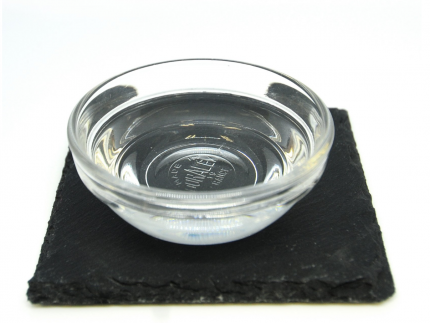
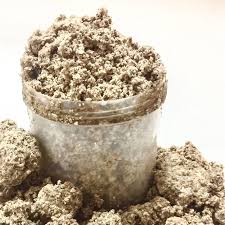
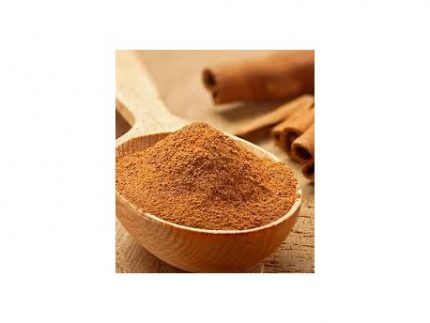
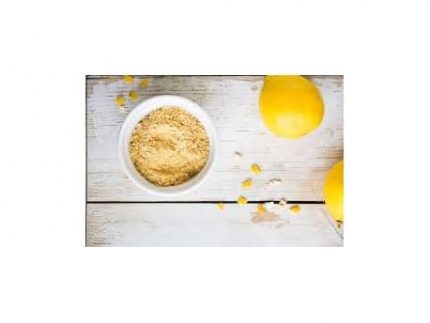
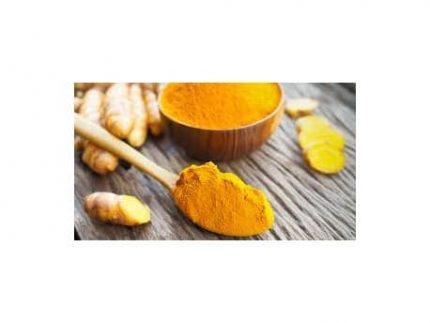
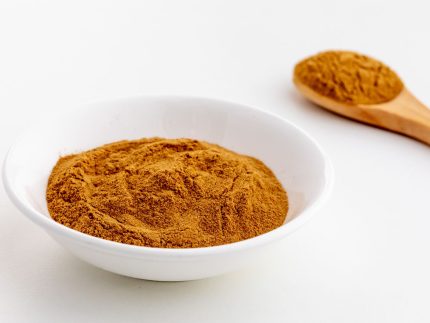
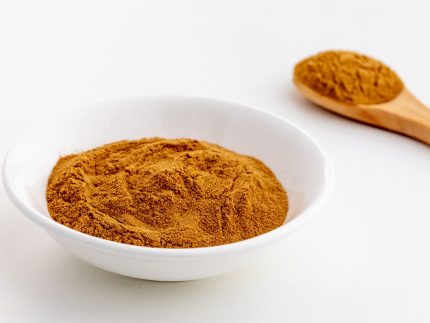
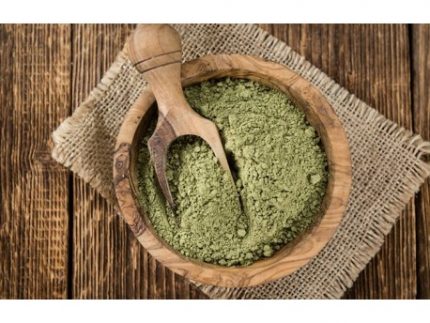
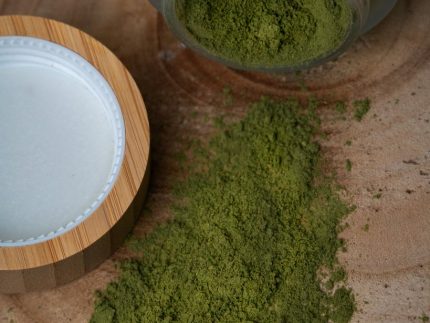
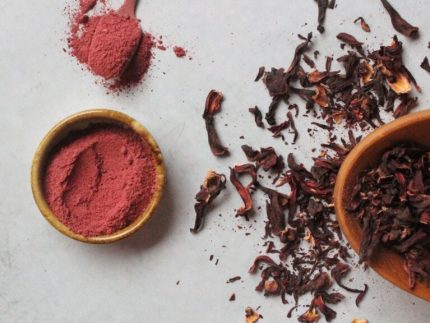
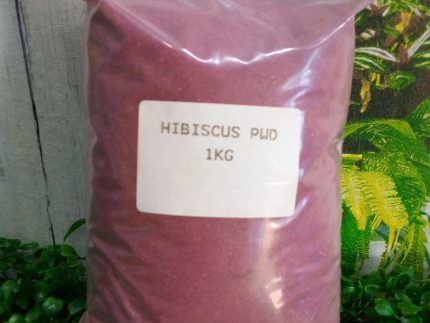
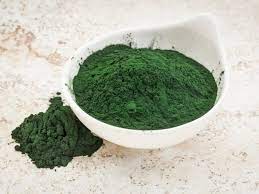
Reviews
There are no reviews yet.